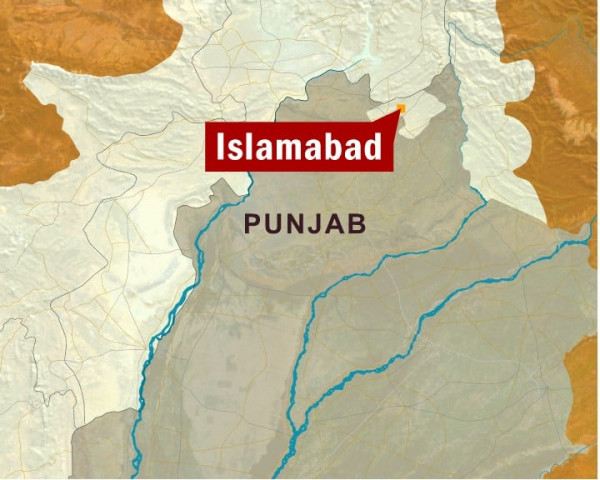Did four words sabotage talks with India?

A few senior diplomats said, on the condition of anonymity, that contrary to common perception, the Indian side did not remain adamant on only discussing Pakistan’s role in prosecuting those responsible for the Mumbai attacks.
An official said that the Indian delegation openly discussed all issues raised by Pakistan. He said: “I was also under the impression that our foreign minister would remain Mumbai specific but may be the cabinet had decided to change the mandate, so when discussions started and our foreign minister was open to discussing all the issues raised by Pakistan, including water and Kashmir, I was quite amazed and surprised.”
He said the negotiations had moved ahead in a very positive manner. “The foreign minister of Pakistan was also very forthcoming about India’s concerns,” he said. The Indian diplomats added that they were pleasantly surprised that Foreign Minister Shah Mahmood Qureshi had gone out of his away to accommodate India’s concerns about terrorism and investigations into the Mumbai attacks.
When the diplomats were asked as to what went wrong if the talks had gone well, they replied that the situation deteriorated just before the news conference. “Both sides had agreed to address a joint news conference and we were quite comfortable about it. We had agreed on what to say to the media, but the media statement prepared by Pakistan created issues”.
They say that the Indian side felt that the media statement prepared by Pakistan gave the impression that “India had agreed to put the issue of Mumbai attacks on one side and move ahead with discussing other contentious issues”. Indian diplomats said this perception forced their country to adopt a tougher stance.
One of the diplomats said: “Minister Krishna and his team were quite upset. They felt that they could not face the public back home if such a perception is communicated by the conference.”
Indian officials say that then the news conference did not go smoothly and Qureshi’s remarks on July 16 that “India is not mentally prepared to engage in a dialogue...I want to ask the Indian foreign minister, as he is the principal of Indian foreign policy and direction, why he made and received calls from Delhi so many times during the talks....The Indian delegation had not prepared its agenda” upset the Indian side.
A senior official at the Foreign Office who was also part of the negotiations has partly agreed with the Indian version but contradicted the rest. “It is true that all issues came under discussion on July 15 and Foreign Minister Qureshi had indeed accommodated Indian concerns on terrorism and prosecution of the Mumbai culprits,” he said. “But what really created a problem for us was India’s insistence to insert a line in the declaration that Kashmir, Siachen and peace and security issues would be discussed ‘at an appropriate time’. These four words, ‘at an appropriate time’, sabotaged the talks,” he said.
“Here we protested and insisted that a roadmap for these issues should also be agreed upon instead of just saying that these would be discussed ‘at an appropriate time’” he said. The diplomat added that by that time the Indian high commissioner had started receiving calls from New Delhi “and soon the foreign minister took the back seat and the high commissioner conducted the rest of the negotiations, which did not result in an agreement.
Sources in both the Indian and Pakistani foreign policy establishments maintain that they are not hopeful of a resumption of dialogue soon. They say that both sides are now waiting for September to come when Prime Minister Manmohan Singh and President Zardari or Prime Minister Gilani will be in New York to address the UN General Assembly. Optimists on both sides are hoping that a top-level meeting on the sidelines of the UN General Assembly session may pave the way for the next round of foreign secretary or foreign minister-level talks.
Published in The Express Tribune, August 1st, 2010.



















COMMENTS
Comments are moderated and generally will be posted if they are on-topic and not abusive.
For more information, please see our Comments FAQ